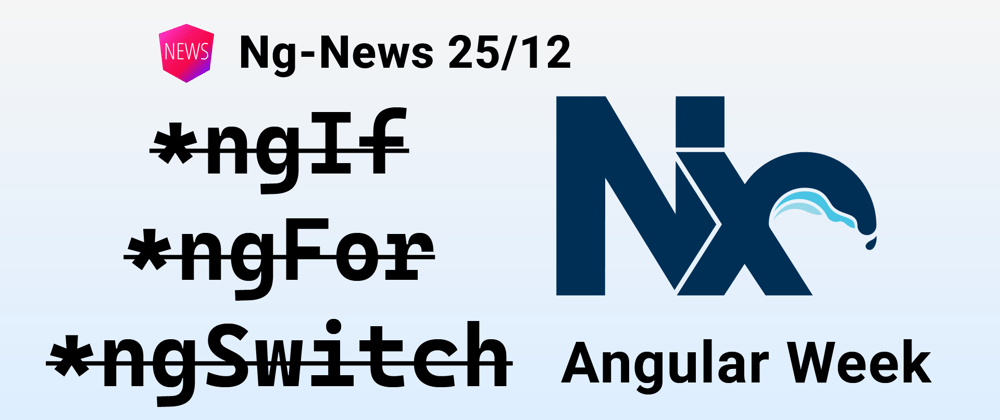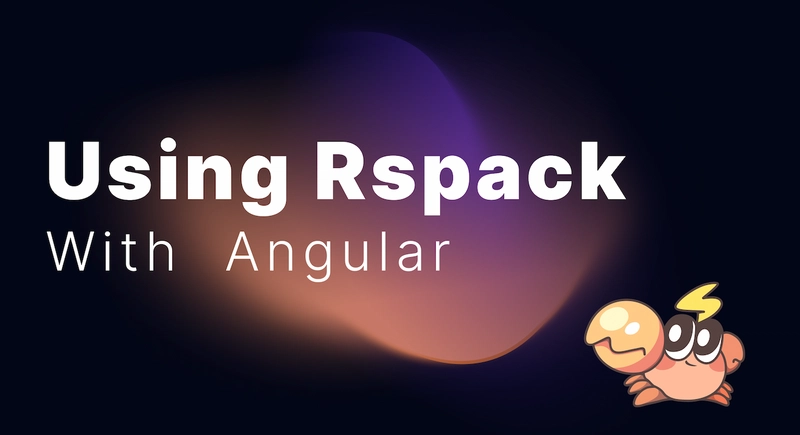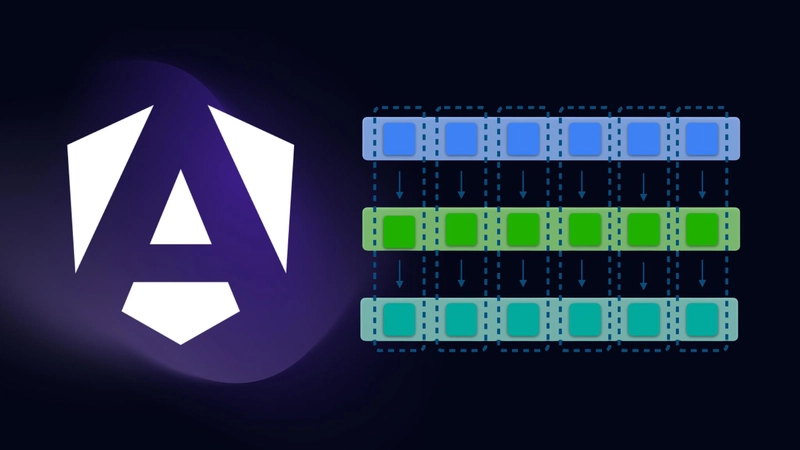Nx showcased their Angular support during the "Angular Week" including testing tools, architectural rules, and official Rspack integration. Meanwhile, a new PR proposes deprecating *ngIf, *ngFor, and *ngSwitch in favor of @if, @for, and @switch—with automatic migration planned for Angular 20.
AMA with Minko Gechev
Minko Gechev, Angular product lead, did an Ask-Me-Anything session on LinkedIn. Here’s a quick selection of his statements
- Zone.js will likely never go away.
- The plan to make RxJS optional is still on.
- Angular won’t switch to Rspack. They see Vite with esbuild performing just as well. Also, they’re discouraging the use of custom Webpack plugins.
"Angular Week" at Nx
Nx, an alternative to the Angular CLI, did an "Angular Week" and published several articles highlighting their contributions to the Angular ecosystem.
One article covered how Nx integrates modern testing tools like Playwright and Vitest. Especially for Vitest there has been a strong support from community members like Brandon Roberts and Younes Jaaidi.
Another post was a re-publication of a classic: Enterprise Monorepo Patterns. A book, originally released in 2018, and is still one of the most cited resources when it comes to large-scale architecture.
There was also an article about Rspack. While Angular moved to esbuild, most users didn't even notice it, because the Angular CLI acs as the public API.
In larger application, though, custom webpack configs are common. Rspack offers webpack compatibility with esbuild-like speed, making it easier to reuse existing setups.
While the Angular team doesn’t plan to support Rspack, Nx stepped in and officially took over Angular integration, with Colum Ferry having laid the groundwork.
Lastly, Nx also covered their ESLint rules to enforce architecture constraints, like encapsulation and module boundaries.
Deprecation PR for *ngIf/For/Switch
The days of the three structural directives *ngIf, *ngFor, and *ngSwitch might be numbered.
Matthieu Riegler, from the Angular team, published a PR proposing their deprecation in favor of the new control flow syntax: @if, @for, and @switch.
Why? Not just because it looks nicer—there are real reasons. The old syntax increases bundle size, the new one is faster, and *ngFor has a subtle memory leak.
Deprecation doesn’t mean removal—these directives would still work. But if the PR is accepted, ng update in Angular 20 would apply the migration automatically.
 refactor(core): Deprecate the `ngIf`/`ngFor`/`ngSwitch` structural directives
#60492
refactor(core): Deprecate the `ngIf`/`ngFor`/`ngSwitch` structural directives
#60492
The control flow @-blocks have been introduced in v17.
As an effort to unify & streamline template authoring, we are deprecating in v20 the structural directives ngIf/ngFor/ngSwitch.
The control flow schematics becomes a migration that is executed during ng update
Note: This is not a deprecation of structural directives, this only about ngIf/ngFor/ngSwitch.
DEPRECATION: ngIf/ngFor/ngSwitch are deprecated. Use the control flow blocks instead (@for/@if/@switch).
If you're looking for argument for not keeping both control flow:
- Applications that use both structural directives and control flow blocks end up shipping both implementations, impacting bundle sizes.
- The new control flow block ships a new reconciliation algorithm that improved performance (as this was made evident in these benchmark https://krausest.github.io/js-framework-benchmark/current.html)
- ngFor has a known subtle memory leak (#36878), which has been addressed in the new @for implementation.
Although Matthieu Riegler has been one of the most active Angular contributors for a while, he was doing it in his free time. Last week, he announced he’s now officially working full-time on Angular as a contractor. A true win-win.



 linkedin.com
linkedin.com





Top comments (0)